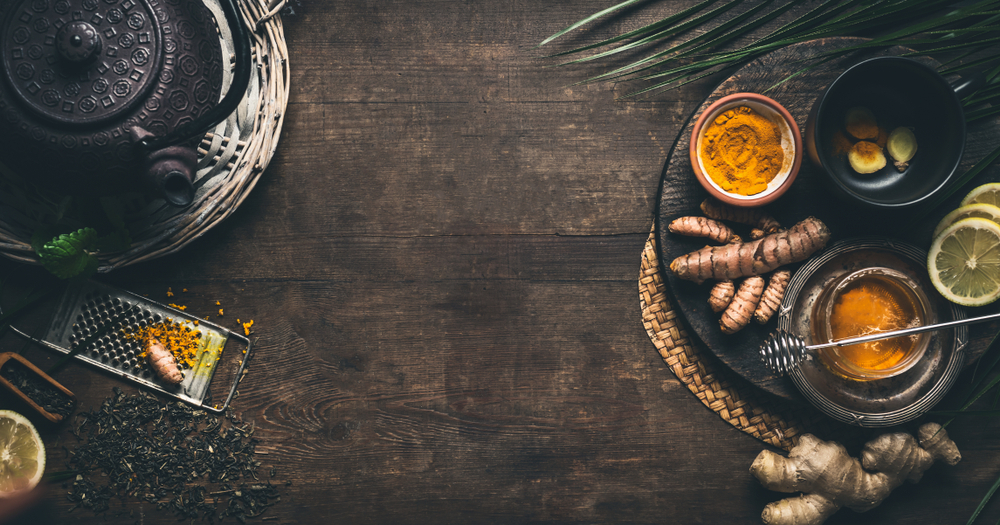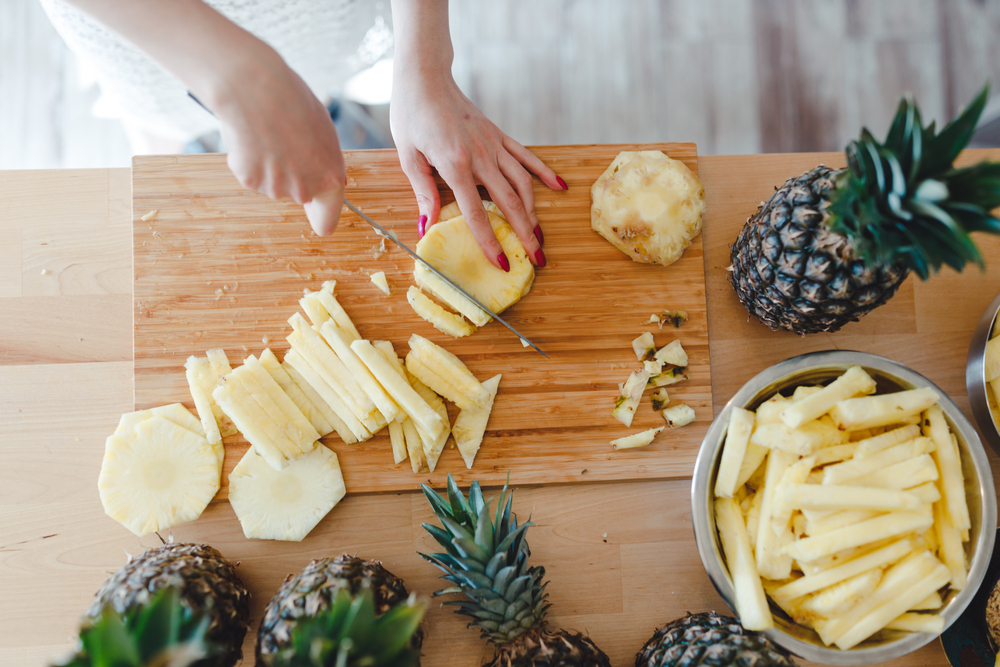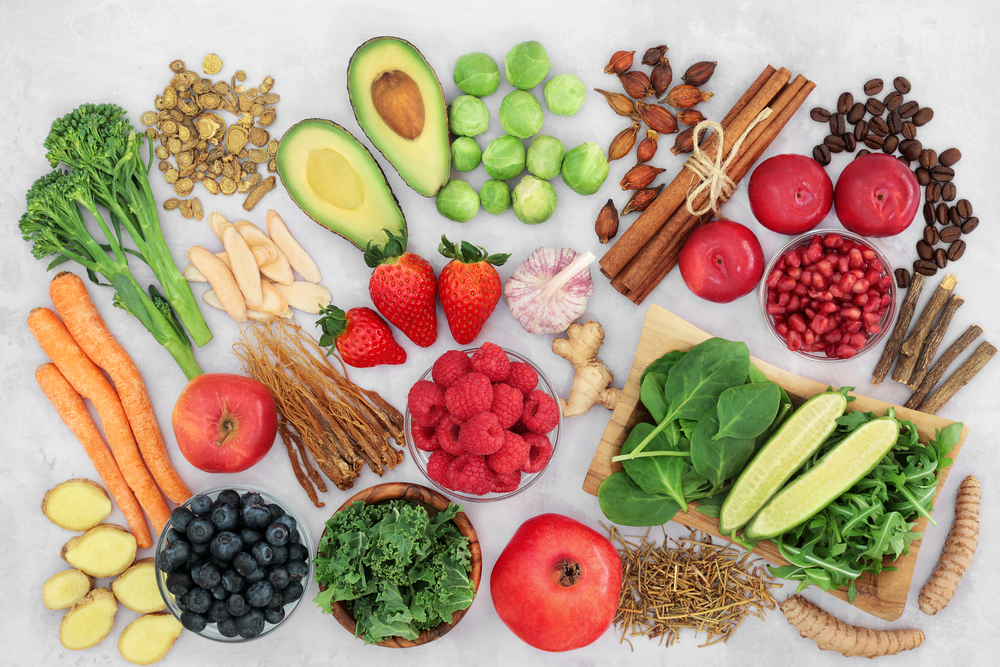Nutrition During Pregnancy
Nutrition During Pregnancy
Pregnancy is a unique and special biological phenomenon. This process occurs when a sperm from a man fertilizes an egg (ovum). When the ovum is released from the ovary after fertilization, the egg travels down and implants itself to the uterus; successful implantation leading to pregnancy.
During this period, diet becomes an integral part of ensuring that the outcome of pregnancy is positive. A woman during this period is expected to adopt healthy eating habits and know that a healthy diet should be able to provide the right amount of calories needed per day.
While at it, she has to ensure that the food consumed comprises complex carbohydrates, protein, vegetables, fruits, grains and legumes, and healthy fats.
The Importance of Nutrition during Pregnancy
Nutrition is essential in pregnancy. By practicing a healthy eating behavior; the body can get nutrients required to function effectively through consuming a variety of food. This will also ensure that the unborn child has enough nutrients that will help it develop while in the womb. This also helps the baby gain substantial amounts of weight while still in the womb.
However, this practice is best achieved before getting pregnant; it will help the body ensure that there are enough maternal stores to help carry the pregnancy to delivery but can still be adopted during the pregnancy. The reasons for the initial recommendation are;
- It helps in improving fertility
- It ensures the preparedness for a smooth labor
- It boosts the confidence of the pregnant mother and stimulates a good mood throughout the pregnancy.
Research has shown that a child’s health and growth are maintained through proper nutrition practices by providing essential building blocks to the child.
How can one meet their nutritional needs during pregnancy?
It is essential to understand the amounts of foods required from all the food groups during pregnancy. The best way to achieve this is through the use of nutrition labels attached to the foods sold. The labels help one to understand the exact quantity of foods required to make one serving.
Dietetic Recommendation for Foods
1. Whole Grains
A serving (1) of whole grain is equivalent to a half-cup or one slice. Examples are;
- Bread
- Brown rice
- Corn
- Millet
- Oatmeal
- Popcorn
- Whole wheat
- Whole-grain pasta
- Whole-grain maize meal
2. Lean Proteins
A serving is equivalent to 3 ounces, half of a cup, or the size of a deck of cards. Examples are;
- A leg, thigh, or breast chicken
- A palm size of fish
- Fresh beans
- Lean beef
- Low-fat cottage cheese
- Low-fat milk
- Peanut butter
- Beef
- Pork
3. Legumes
Recommended intake is between 2-3 servings of legumes; 1 serving is equivalent to a half-cup, 250 ml. Examples are;
- Alfalfa sprouts
- Black beans
- Chickpeas
- Kidney beans
- Lentils
- Peas
4. Fruits
Recommended intake is between 2-3 servings of fruits; 1 serving is equivalent to 1 medium-size fruit or a half cup of blended fresh fruit juice. Examples of such foods are;
- Apple
- Apricot
- Banana
- Berries, i.e., blackberries, strawberries, blueberries.
- Mango
- Orange
- Pineapple
- Watermelon
- pears
The body needs other essential nutrients during pregnancy.
1. Calcium
Calcium is crucial during pregnancy because it helps build the child’s bones and tooth buds and helps regulate the body’s fluids, among other functions. During pregnancy, about 1000mg of calcium is required per day.
Examples of foods that help provide this mineral are mainly from milk and milk products (recommended intake is 3-4 servings per day).
- Cabbage (1 serving = 1 cup, cooked)
- Milk (1 serving = 1 cup)
- Salmon (1 serving = 3 ounces)
- Yogurt (1 serving = 1 cup)
2. Iron
Iron can help a mother during pregnancy increase the amount of blood volume, the same function that is seen in the minerals such as sodium and potassium. It has the ability to prevent anemia during pregnancy because it helps in the formation of hemoglobin and red blood cells. It is recommended that pregnant mothers should supplement on 27mg of iron per day.
Also, 2-3 servings of vegetables, especially dark green vegetables, are recommended.
Examples of iron-rich foods are;
- Broccoli (1 serving= 1 cup, cooked)
- Legumes (1 serving= 1 cup, cooked)
- Red meat (1 serving= 3 ounces)
- Spinach (1 serving= 1 cup, cooked)
In conclusion, during pregnancy, eating healthy and in the right amount is essential for the baby’s development and the mother’s health; For a smooth experience, the key is to eat suitable food classes and in the right proportion.
Written by: Jackson Omanwa








Comments (0)